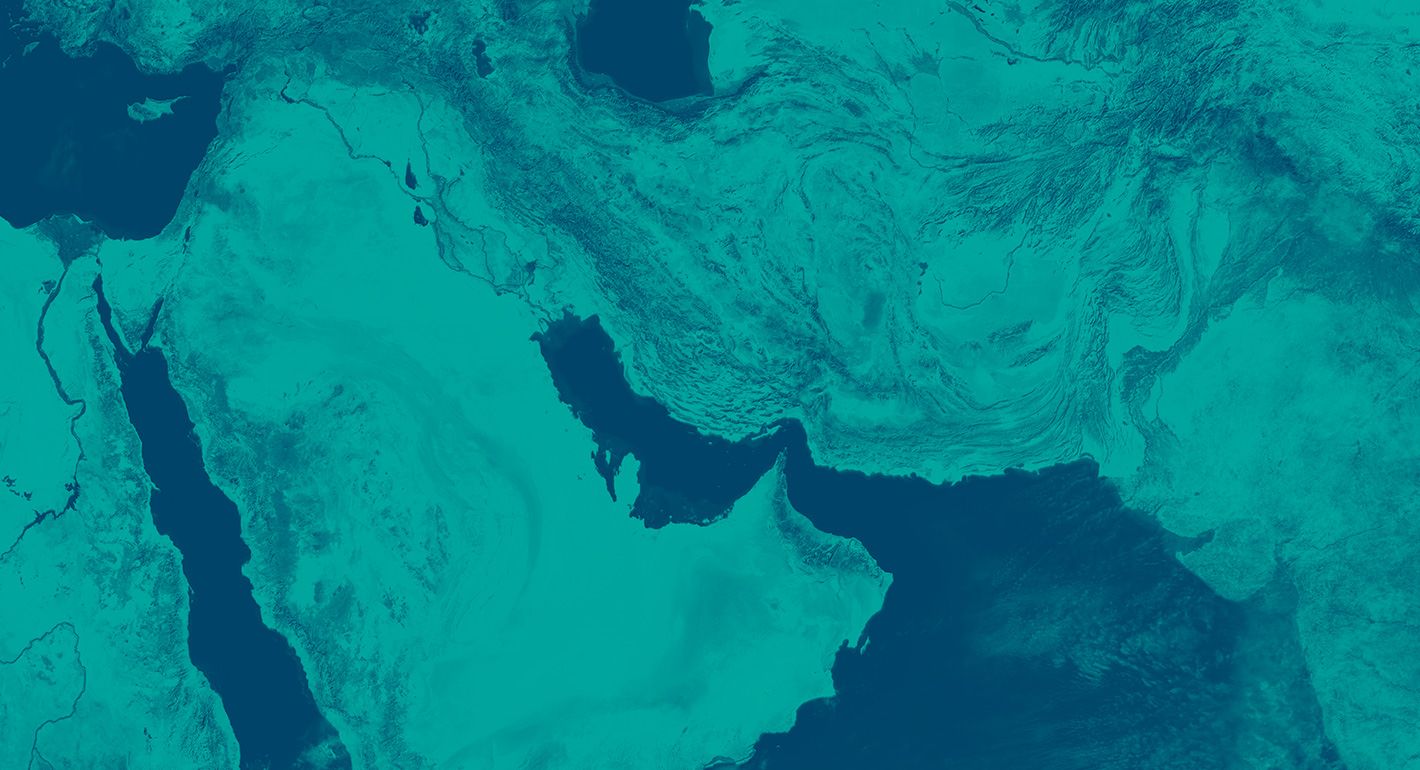Registration
You will receive an email confirming your registration.
The complex conflict in Yemen has expanded to include new players, issues, and layers, after de-escalation efforts were practically frozen in December 2023. In recent months, the Houthis have intervened against Israel in support of the Palestinians in Gaza. Since then, the United States and the European Union have established two coalitions to halt Houthi attacks in the Red Sea and the Gulf of Aden affecting approximately 12 percent of global maritime trade. Israel has also conducted airstrikes on the Yemeni port city of Hodeida in response to the Houthis’ launching of a long-range drone that killed an Israeli civilian in Tel Aviv on July 20, 2024. These developments highlight the growing role of the Iranian-backed Houthis in regional affairs, but also overshadow the roots of the Yemeni conflict itself and the pathways for sustainable peace in Yemen. The latest escalations pose major implications for the security and stability of the Middle East and North Africa, the Houthi role in the Axis of Resistance, and conflict dynamics in Yemen.
The Malcolm H. Kerr Carnegie Middle East Center is organizing a webinar to discuss the latest dynamics at play beyond Yemen and their broader domestic and regional implications. The speakers are Abdulkhaleq Abdullah, Nadwa al-Dawsari, Tamer Badawi, and Afrah Nasser. The event will take place virtually on August 13, at 5:00 P.M. Beirut time, 10:00 A.M. EST.
The discussion will be held in English and moderated by Ibrahim Jalal, a nonresident scholar at the Malcolm H. Kerr Carnegie Middle East Center.
Viewers may submit their questions to the panelists using the live chat feature on Facebook and YouTube.
For more information, please contact Najwa Yassine at najwa.yassine@carnegie-mec.org.
